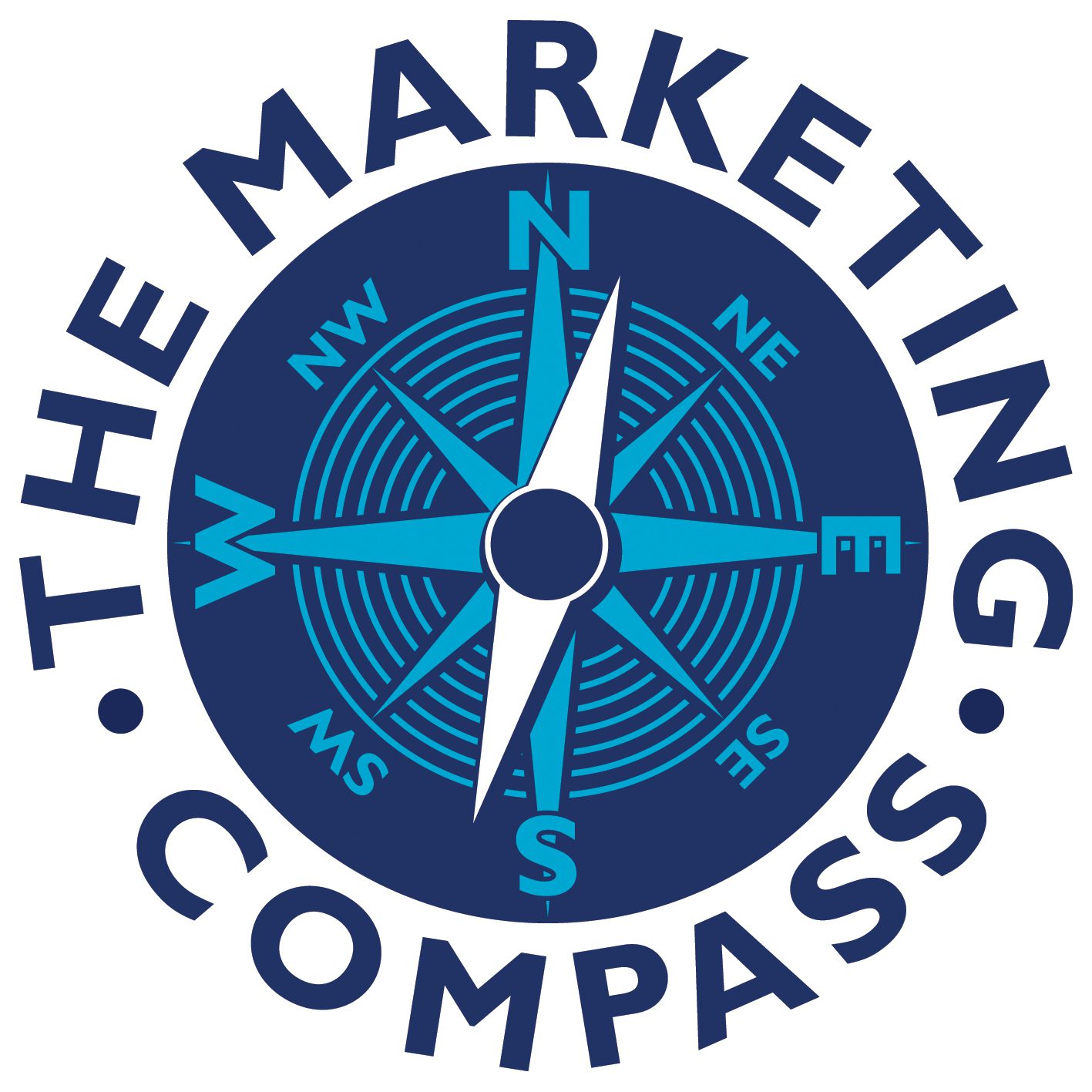According to Wikipedia: “Big data is… any collection of data sets so large and complex that it becomes difficult to process using traditional data processing applications.”
Global software company SAS says: “Big data is a popular term used to describe the exponential growth and availability of data, both structured and unstructured. And big data may be as important to business – and society – as the Internet has become. Why? More data may lead to more accurate analyses.”
See: http://www.sas.com/en_us/insights/big-data/what-is-big-data.html
According to IBM, “Big data is being generated by everything around us at all times. Every digital process and social media exchange produces it. Systems, sensors and mobile devices transmit it. Big data is arriving from multiple sources at an alarming velocity, volume and variety. To extract meaningful value from big data, you need optimal processing power, analytics capabilities and skills.” http://www.ibm.com/big-data/us/en/
During my marketing degree (1976 – 1980), we had access to a mainframe via a hole in the wall where you gave an administrator your punch cards. (An interesting ‘user interface’, as at least you could talk to the administrator). After I graduated, I sold some of the first PCs to enter the UK marketplace, for Rank Xerox, way back in 1981.
I subsequently got a job as a technical copywriter, with a firm that specialised in IT press relations. I wrote about application software, operating systems, hardware and firmware. Amongst other things, I remember writing about expert systems and Artificial Intelligence.
Today, a hot topic is Big Data, which is the natural outcome of swimming in a sea of information. There is too much of it for human beings to make sense of it. 21st century Cognitive Computing is the way forward, of which IBM Watson is a leading example: http://www.ibm.com/smarterplanet/us/en/ibmwatson/
Within the video in the above page, the narrator comments that: “Watson interacts with humans on human terms. Watson can read and understand natural language. You don’t program Watson – you work with Watson.” Watson is a cloud based, heuristic learning and problem solving service that is being used today, for example, by pharmaceutical companies in order to bring drugs to market faster.
This technology will power Apps, cloud based services and wearable technology devices, amongst other things.
From a marketing point of view, Cognitive Computing will provide customer insights and new information based services which were, in the past, only to be found within places like The Culture novels of Iain Banks (one of my favourite authors).
I believe that businesses that interact with data will benefit from these changes. If you use a CRM (and keep populating it), have active social media accounts and blog regularly for example, off-shoots from the likes of the IBM Watson project will enable you to find sales leads, new ideas for products and services and a host of other insights into your business in the not too distant future.

